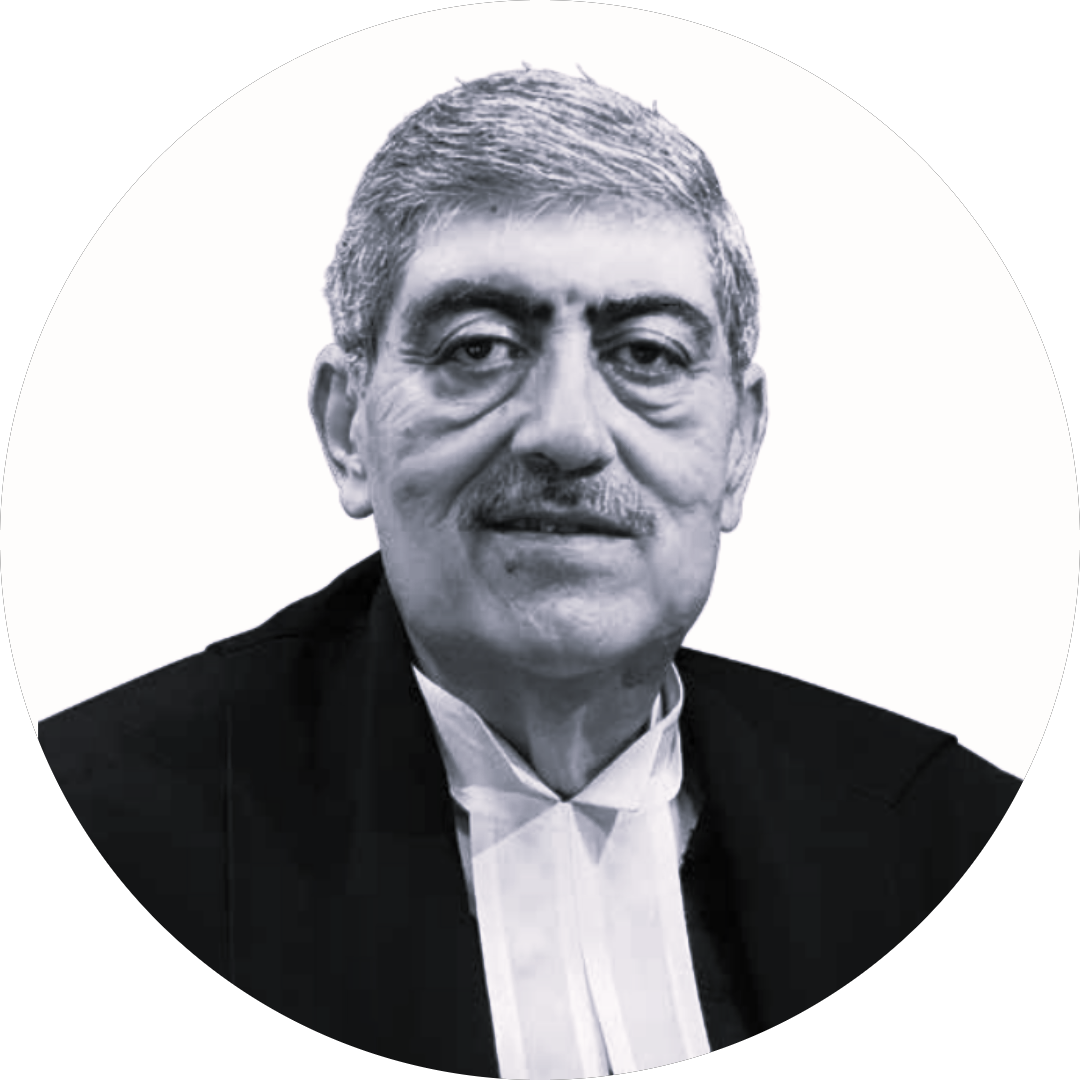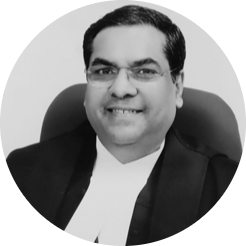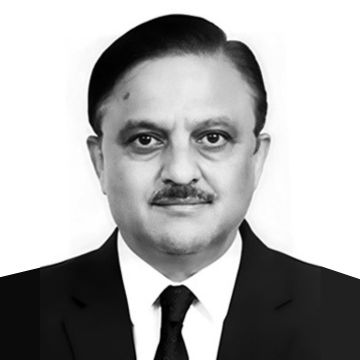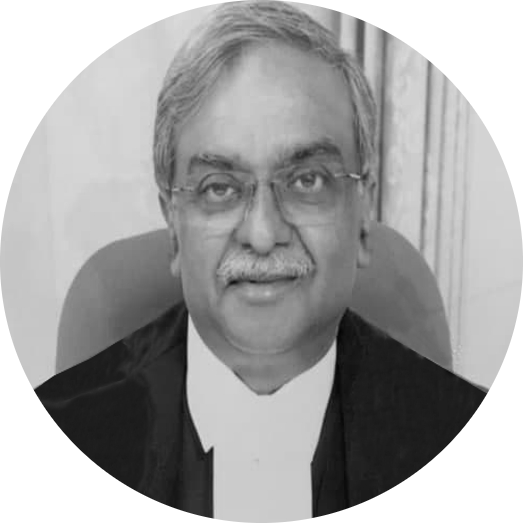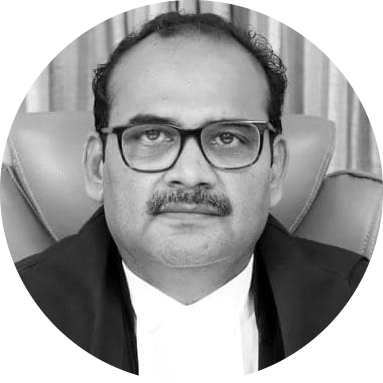Additional Compensation for Bhopal Gas Tragedy Victims
Union of India v Union Carbide
The Supreme Court rejected the Union's plea to increase the compensation given to victims of the 1984 Bhopal Gas Tragedy as a part of the 1989 settlement with the Union Carbide Corporation.
Decided
Parties
Union of India:
Lawyers: Solicitor General of India
Union Carbide:
Lawyers: Sr. Adv Sidharth Luthra
Case Details
Case Number: CURATIVE PET(C) No. 000345 - 000347 / 2010
Next Hearing:
Last Updated: May 29, 2023
Key Issues
The Supreme Court will reconsider whether the compensation granted to Victims of Bhopal Gas Tragedy in 1989 is adequate
Case Description
On the night of December 2nd, 1984, 42 tons of a toxic chemical called methyl isocyanate leaked from the pesticide plant owned and run by Union Carbide India Limited (UCIL) in Bhopal, Madhya Pradesh. The incident happened because of a leakage in storage tanks and toxic gas was released into the atmosphere. Around 3828 died on the day of the disaster, although some sources say the death toll is much higher.
Union Carbide India Limited (UCIL), was owned by the Indian subsidiary of an American company called Union Carbide Corporation (UCC). The plant was located in the outskirts of Bhopal. However, the gas spread to the densely populated areas surrounding the plant.
The symptoms of methyl isocyanate poisoning include cough, dyspnoea, chest pain, lacrimation, eyelid edema, and unconsciousness. These symptoms progress over the next 24 to 72 hours to include acute lung injury and cardiac arrest, and often resulted in death.
A suo-motu FIR was registered on December 3rd, 1984 at Hanumanganj police station, Bhopal by the Union government against the executives and employees of UCC and UCIL under Section 304 (A) Indian Penal Code for causing death by negligence. On December 6th, 1984 the investigation into the tragedy was handed over to the Central Bureau Of Investigation (CBI).
In February 1985, the Indian Government filed a case in the Federal District Court at New York and claimed the UCC owed $3.3 billion in reparations to the victims. On March 29th, 1985, Parliament enacted the Bhopal Gas Leak Disaster (Processing of Claims) Act, allowing the Government of India to act as the legal representative for victims of the disaster.
On May 12th, 1986, the US Court dismissed the Union of India’s claims and asked the government to approach Indian courts. On September 5th, 1986, the Union filed a suit against UCC in Bhopal District Court claiming compensation for the victims of the tragedy. On December 17th, 1987, the Bhopal District Judge Ordered UCIL to pay an interim compensation of ₹350 Crores to the victims.
In 1988, UCC filed an appeal challenging the District Judge’s Order at the Madhya Pradesh High Court. On April 4th, 1988, the High Court passed a Judgment reducing the compensation to ₹250 Crores. Both UCC and the Union Government filed appeals challenging the Order of Madhya Pradesh High Court, at the Supreme Court.
On February 15th, 1989, the Supreme Court allowed the UCC and UCIL to settle the dispute and pay $470 million to the Union of India in a full and final settlement of all claims. In May 1989, owing to widespread public protests, the Supreme Court decided to review the settlement. However, the court did not increase the compensation.
On October 3rd, 1991, the Union government filed a petition requesting the Supreme Court to reopen the settlement proceedings. They stated that the court should have allowed the compensation at the Bhopal District Court should have continued. The Supreme Court rejected the petition and stated that it used its powers under Article 142 to dispose of the case in the District Court. Article 142 enables the Court to issue or pass any order that it feels is necessary to provide ‘complete justice’ in a case before it.
In 1994, UCC sold its entire stake in UCIL to an Indian company called McLeod Russel Ltd for Rs 170 crore. The name was changed to Eveready Industries India Ltd, which continues to operate in India.
In December 2010, the Union Government filed a curative petition against the 1989 settlement and sought additional funds of over ₹7,400 crores from the company. A Curative Petition is the last chance available to a party to ask the Court to reconsider a case it is filed after the court refuses to review a Judgment. On September 20th, 2022, the matter came up for hearing before a Constitution Bench led by Justice S.K. Kaul. The Bench asked the Union to take a call on whether it intends to pursue the petition and report back to the court with its decision. On October 11th, 2022, the Union informed the Court that it would pursue the petition and make a demand for higher compensation for the victims.
The Bench heard arguments for three days from January 10th-12th, 2023 and reserved Judgment in the case.

